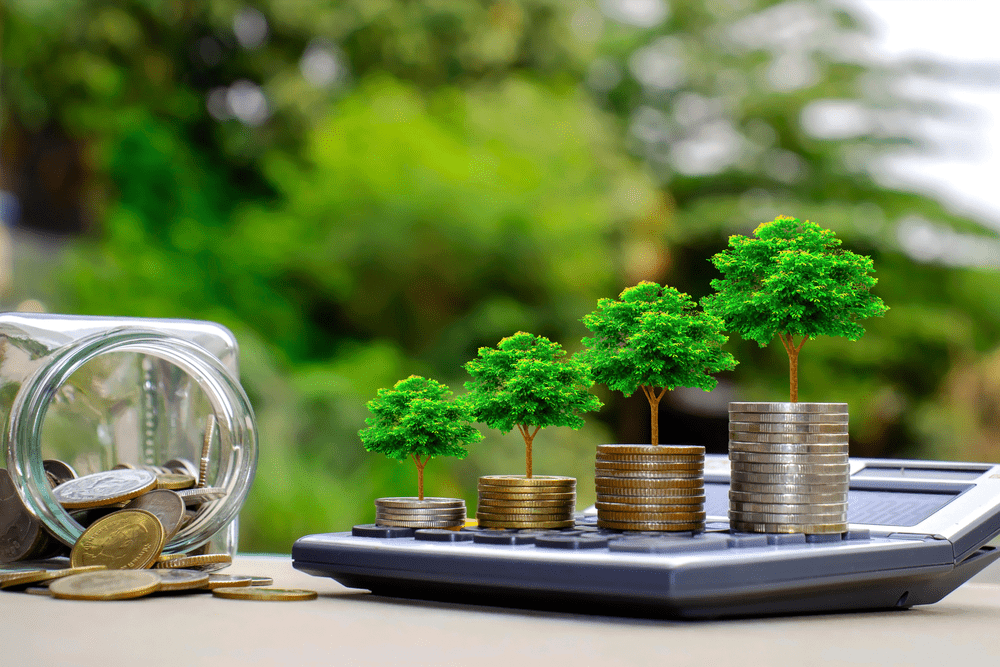Introduction
In the realm of economics, the concept of economic expansion holds a central position, exerting a profound influence on the pursuit of prosperity and progress. This article embarks on a journey to explore the impact of economic growth, also referred to as economic expansion, delving into its significance, mechanisms, and potential consequences for societies.
Understanding Economic Expansion
At its heart, economic expansion denotes the continual increase in a nation’s overall economic activity, commonly known as economic growth. This growth is often assessed using indicators like Gross Domestic Product (GDP), employment rates, and investment levels. Economic expansion is achieved through factors such as heightened production, consumption, and trade. As such, it brings about positive outcomes and potential challenges that necessitate careful examination.
The Significance of Economic Expansion
Economic expansion plays a pivotal role in shaping the well-being of nations and their citizens. It contributes to elevated living standards, increased job opportunities, and enhanced access to goods and services. As economies expand, governments gain greater fiscal flexibility, empowering them to allocate resources to vital sectors such as healthcare, education, and infrastructure.
Mechanisms of Economic Expansion
Numerous key mechanisms propel economic expansion. Investment, both from within the country and abroad, fuels growth by infusing capital into various industries, spurring innovation, and creating jobs. Technological advancements also have a critical role, boosting productivity and enabling the creation of new products and services. Additionally, international trade drives economic expansion by opening doors to fresh markets and facilitating the exchange of goods and ideas.
Balancing Growth and Sustainability
While the allure of economic expansion is undeniable, it must be counterbalanced with a focus on sustainability. Unrestrained growth can lead to environmental degradation, depletion of resources, and social inequality. Striking a harmonious equilibrium between economic development and environmental preservation is essential for the enduring well-being of societies.
Impacts on Societies
The repercussions of economic expansion reverberate through societies in multifaceted ways. Positive outcomes include improved living standards, decreased poverty rates, and heightened access to education and healthcare. However, the benefits of growth are not evenly distributed across all segments of the population. Addressing income inequality and nurturing inclusive development become imperative to prevent the further marginalization of disadvantaged communities.
Conclusion
In the pursuit of prosperity, the impact of economic growth emerges as a foundational element within global development strategies. Its capacity to uplift societies, create opportunities, and drive progress is undeniable. Yet, responsible and sustainable growth, propelled by economic expansion, should serve as the guiding principle. This approach acknowledges the urgency of safeguarding the environment, mitigating inequality, and fostering inclusivity. By cultivating prosperity through balanced growth, nations can maximize the advantages of economic expansion for both current and future generations.
